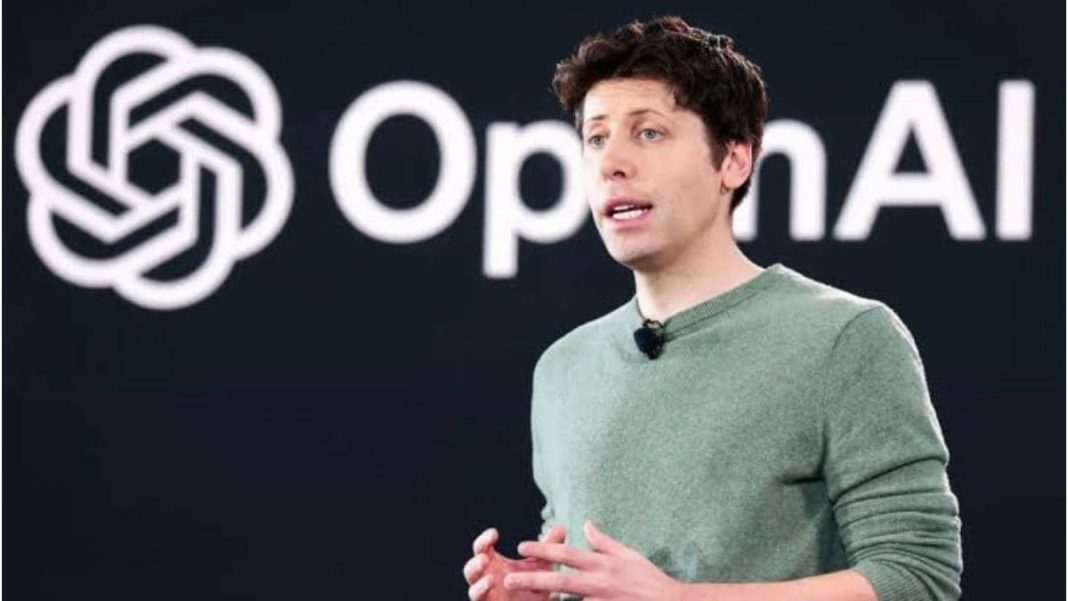OpenAI CEO: AI-Displaced Jobs May Not Be ‘Real Work’
OpenAI CEO Sam Altman has offered a controversial perspective on AI-driven job displacement, suggesting many roles being transformed by artificial intelligence may not qualify as “real work” when viewed across historical eras.
Key Takeaways
- Sam Altman suggests many AI-displaced jobs may not be “real work” historically
- Uses historical farmer analogy to explain shifting work standards
- Expresses confidence in human adaptability to create new roles
- Promises major ChatGPT-6 upgrade after GPT-5’s rocky launch
The Historical Perspective on Work
Speaking at OpenAI’s DevDay conference, Altman addressed concerns about AI eliminating millions of knowledge-worker jobs before new roles emerge. He framed his view using a historical analogy, asking audiences to consider a farmer’s perspective from half a century ago.
“A farmer whose job of producing food and sustaining life is essential would likely look at many of today’s modern, non-physical occupations — including white-collar roles — and may not approve of them,” Altman explained.
From that historical viewpoint, contemporary jobs might resemble “playing a game to fill your time” rather than performing genuinely essential, or “real work.”
Why Altman Is Less Worried About AI Unemployment
The CEO stated this shifting standard of meaningful employment makes him “a little less worried” about AI’s societal impact. He suggested that just as past farmers couldn’t imagine internet-era jobs, people today cannot fully envision the career opportunities AI will unlock.
Altman believes future jobs will make current professional work seem trivial by comparison, expressing “profound confidence in human ingenuity to adapt.”
“I’m so willing to bet on human drives being what they are,” Altman stated, suggesting natural human impulses toward progress and meaning will ensure robust employment.
ChatGPT-6: A Major Upgrade Coming
In separate comments, Altman acknowledged ChatGPT-5’s August launch was “rocky,” admitting rollout mistakes and calling it a “disaster.” Despite criticism from experts like Gary Marcus about GPT-5 falling short of AGI expectations, Altman maintains it represented a breakthrough in AI’s scientific discovery role.
OpenAI president Greg Brockman highlighted improvements driven by reinforcement learning from human feedback rather than simply scaling data.
Looking ahead, Altman assured that GPT-6 will be a “major upgrade” over GPT-5, with GPT-7 expected to show even greater progress.




